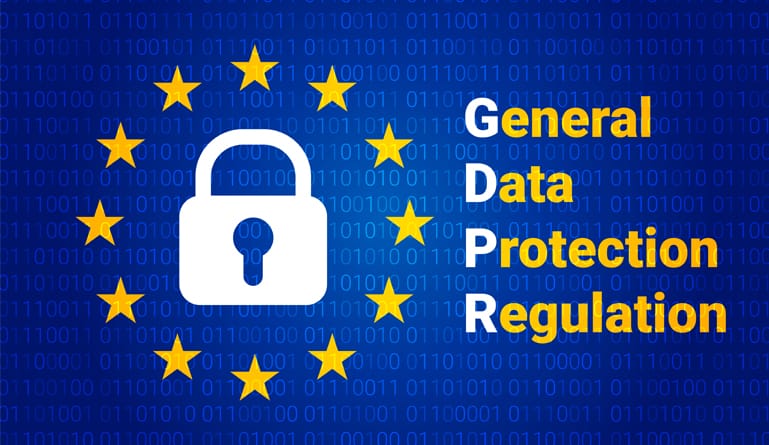Will GDPR affect your recruitment efforts?
Understanding how GDPR will impact your recruiting can help you prepare.
By now, most businesses, particularly those working in marketing, have heard of GDPR – or General Data Protection Regulation– the European-based data protection act that has had a huge impact on how businesses gather and use information. This has come into play across the marketing and advertising industry, as many marketing agencies and departments within companies do collect consumer information to market to them more effectively across digital channels. Another place it will have an impact is in HR and recruiting. Here’s how GDPR will impact recruitment for HR recruiters and recruiting agencies.
It Will Affect More Than Just EU Countries
Even countries who aren’t part of the European Union will be subject to GDPR. Any companies who distribute products across country lines – like from the US to European countries – needs to abide by the data protection legislation if they are collecting and using marketing data. Just because a company is based in a non-EU company doesn’t mean they are exempt. The same goes for hiring – if your company isn’t in the EU but is hiring for companies in the EU or recruiting for your company from EU countries, then the rules of GDPR apply.
Things Businesses Should Keep in Mind
The GDPR is meant to protect consumer data. The regulations maintain strict data handling requirements to prevent misuse and data leaks. Some of the ways that GDPR works to ensure privacy includes:
Customer consent: Customers – or for recruiters, applicants – need to consent to allowing businesses to store and use their information for contacting them. No longer is it assumed that because customers giving them information through a form or resume that businesses can automatically use it or keep it indefinitely. Most businesses must now create language that clearly explains that information is being collected and use for business purposes and asks for customer permission to use it.
Data use transparency: Not only must every customer or user actively opt-in to allowing businesses to keep their information or contact them using that saved information, users can also ask a business directly what their information is being used for, whether it’s for emailing about job opportunities or marketing new products.
How to Take Action
There are ways to ready your agency or HR efforts to be in line with the database protection rules of GDPR. Stay compliant with the GDPR data protection act principles and fine-free from violations with these tips.
- Make it clear on all forms, from online applications to your ATS processing software, what information is being collected and why. Outline how long your company keeps a record of that information.
- Make sure applicants know they have the right to ask for their information to be deleted from your database at any time. Ensure they also know that any sensitive information collecting – like background checks or credit checks – will not be processed without their consent.
- Keep records of all data transactions, applicant communications, and data safety protocol.
- Ensure data security and safety isn’t just an HR issue or managed by one department of your agency – be knowledgeable about who has access to data, how data is stored, and the protocols your business has in place to protect data.
- Keep data up to date.
Keeping these data guidelines in mind can help you adjust recruiting efforts in the face of GDPR and help mitigate the GDPR impact on recruitment.




